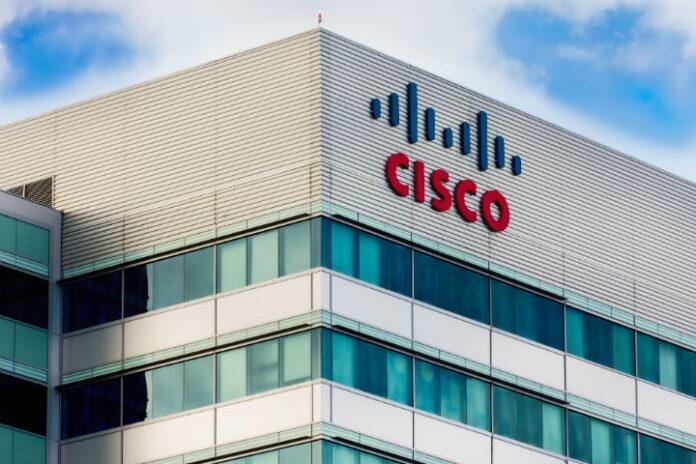Cisco and Verizon said they plan to target enterprise and government users, while Verizon mulls data center future
Cisco said it was partnering with Verizon Enterpriser Solutions to offer its Cisco Spark cloud-based collaboration service to Verizon customers as part of the telecom giant’s expansion of “next-generation collaboration solutions.”
The agreement is said to provide Spark Message and Spark Meet features integrated with Verizon’s business collaboration services, tapping unified communications and collaboration-as-a-service models and Verizon’s contact center services. The service, which is set to be available later this year, is said to run over Verizon’s wireless and global wireline networks.
“By integrating Cisco Spark meeting and messaging capabilities into Verizon’s collaboration portfolio and global network, Verizon and Cisco will continue to help enterprise clients with digital transformation initiatives that drive better customer experiences and meaningful, measurable business outcomes,” said Bob Minai, executive director for advanced communications at Verizon, in a statement.
Cisco added the platform will be hosted in its Cloud infrastructure and built using an “open, extensible system” designed to allow developers to build applications on top of the service.
The move comes as Verizon is reportedly shutting down its public cloud operations in favor of its private cloud services. According to a report earlier last month from Fortune, customers using Verizon Public Cloud Reserved Performance and Marketplace will see those services shuttered on April 12. Those set to be impacted have reportedly been asked to migrate their content to Verizon’s Virtual Private Cloud platform.
Reports earlier this year claimed Verizon was looking to raise more than $2.5 billion through the sale of 48 data centers as it continued to monetize non-core assets. The assets included those acquired as part of its $1.4 billion purchase of Terremark Worldwide in 2011, which it said at the time would bolster its cloud service operations.
“We have some very prime properties in our data center portfolio,” Verizon CFO Fran Shammo noted this week at an investor conference in talking about the future of its data centers. “It is still early stages here, we are still exploring it. We have made no decisions. We do have a lot of appetite for what we have but at this point we haven’t made any decisions as to exactly what we are going to do with those assets. So still exploratory.”
Verizon last year expanded the availability of its software-defined networking powered Secure Cloud Interconnect service to the public sector across 30 countries. The company’s Enterprise Solutions division said the platform provides a secure, private Internet connection with consumption-based bandwidth, preprovisioned on-demand resources, application performance, various service classes and usage-based billing that can be managed through a centralized online portal. The service is also said to support private, public and hybrid cloud deployments; can integrate with connected cloud platforms from Amazon Web Services, Google, Hewlett-Packard, Microsoft and Salesforce; and data centers from CoreSite, Equinix and Verizon’s own service.
Verizon last year announced it would use Cisco’s Intelligent WAN technology to power a software-defined WAN solution targeting enterprise customers. Verizon said the platform supports a better user experience by integrated application optimization designed for faster application performance; enabling secure and certified routing platforms; the use of intelligent path control to fully utilize MPLS and the Internet to lower operational costs; and can provision new sites and services faster with a “hybrid WAN to support key business initiatives.”
That deal followed Verizon selecting Cisco as one of an initial five vendors to power its software-defined networking plans. The other vendors included Alcatel-Lucent, Ericsson, Juniper Networks and Nokia Networks.
Bored? Why not follow me on Twitter

